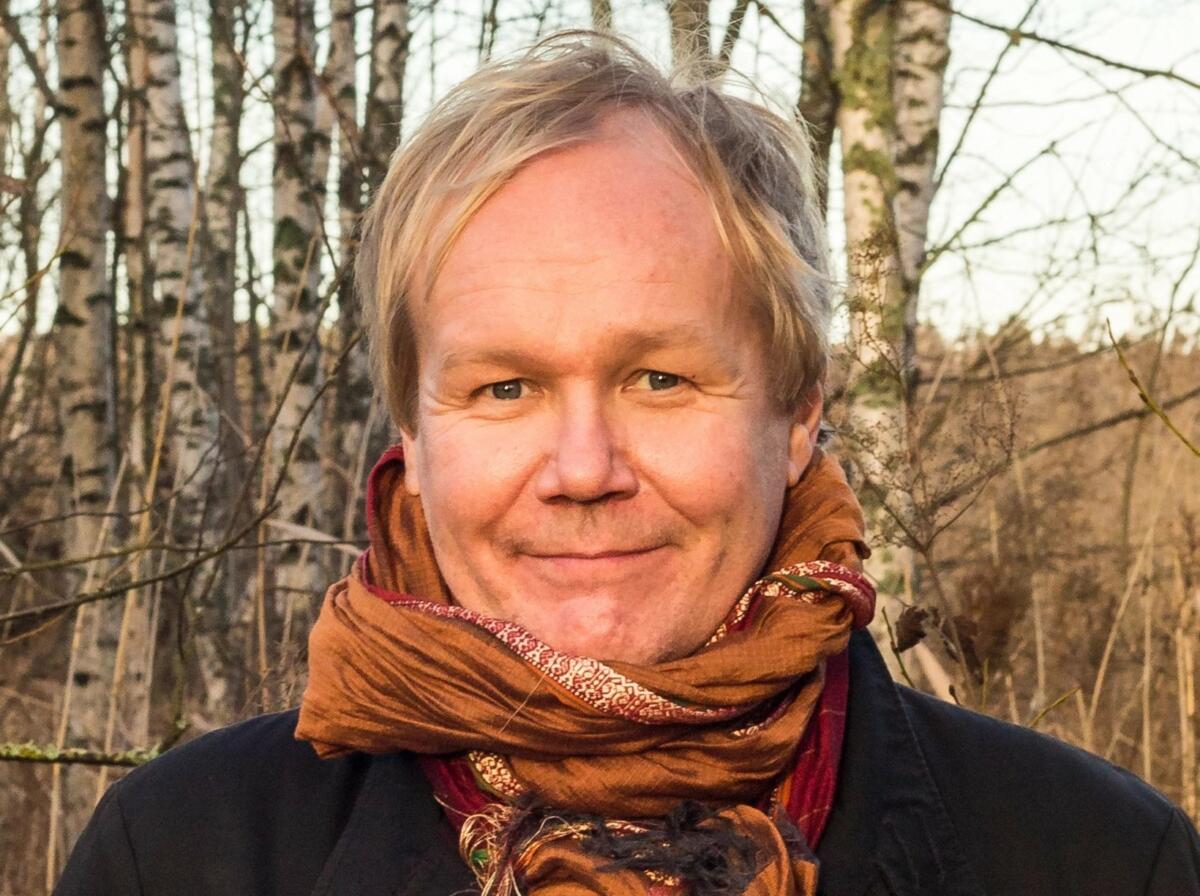New Vice Rector for research advocates for more time for core activities
Teemu Leinonen, the new vice rector for research, is eager to elevate the status of doctoral researchers and delineate more specific research fields. He views the involvement of research in discussions aimed at resolving global crises as a crucial aspect of the university’s research vision.

Leinonen commenced his term as vice rector for research and doctoral education at Uniarts Helsinki in early April. The energetic Leinonen has already amassed a plethora of development ideas, prompting him to strategise their implementation and prioritisation.
One such idea pertains to the status and well-being of doctoral researchers.
“I aim to enhance the visibility and significance of doctoral researchers. As a university, research and doctoral education are part of our core mission. I believe we have a resource here that we can utilise more effectively.”
Leinonen prefers the title ‘doctoral researchers’ over ‘doctoral students’ and hopes for a uniform adoption of this terminology. He is also aware and understanding of the fact that different sectors of Uniarts Helsinki refer to doctoral studies in various ways, each with its own rationale.
Leinonen believes that streamlining practices and simplifying operations will free up more time for core activities.
“When practices and curricula are harmonised, supervisors can devote more time to supervising doctoral researchers and to carrying out their own research.”
Building the world through research
Leinonen values the research that is currently being carried out at Uniarts Helsinki and has no intention of meddling with its content.
“It is good that we also carry out traditional humanities research alongside artistic research, and it is great that we have in-depth and extensive research on established topics.”
However, he would like to determine more specific definitions for the research areas.
“By defining our research fields more precisely, including the art fields in which we conduct research, we can communicate the significance of our work more effectively in Finland and on a global scale.”
Leinonen’s vision for his term as vice rector aligns with the university’s strategy:
“I envision Uniarts Helsinki’s research activities contributing to the building of not only Finnish society but also the entire world by participating in discussions on global problems through art and research – from ecological crises to issues of inequality and polarisation, as well as questions about human rights and technological changes.”
Research on technologies that serve a good life
Prior to becoming the vice rector for research at Uniarts Helsinki, Leinonen served as a professor of new media design and learning at Aalto University. In this role, he led the Learning Environments’ research group of the Media Lab Helsinki at Aalto University. Leinonen also served as vice dean for research at the Aalto School of Arts, Design and Architecture from 2014 to 2017.
Leinonen’s research intersects design, new technologies, creativity, art, and educational science.
“In researching and developing new technologies and their applications, I have sought to approach them from the perspective of the development of all humanity. The central question has been what kind of technologies would serve education and a good life.”
You can delve deeper into Leinonen’s thoughts on learning, living a good life, art, and culture in his latest book, Hyvän oppimisen tilat, in Finnish.